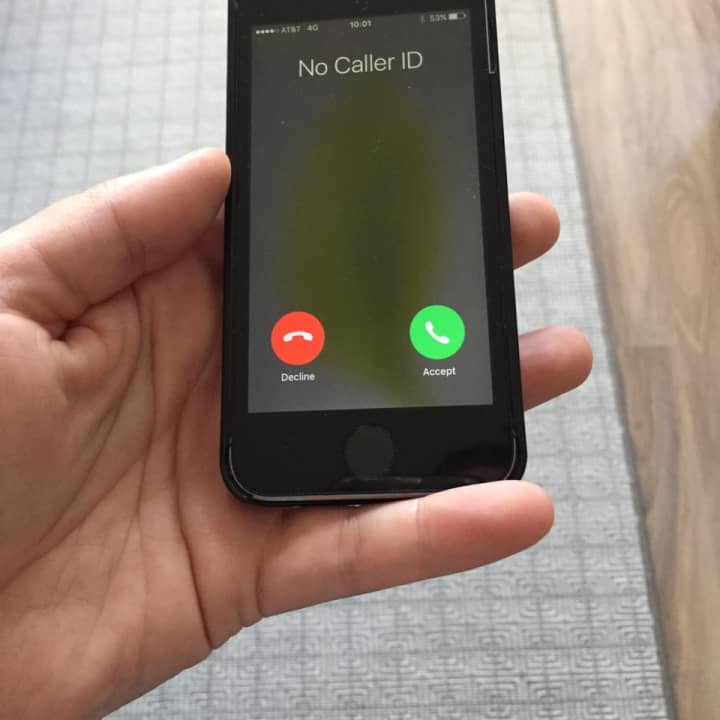These calls have been made in an attempt to “phish” personal information or solicit money, state police said.
The number displayed during these calls on their caller ID is (518) 897-2000, a number for State Police in Ray Brook, NY. The calls are not originating from State Police in Ray Brook and are not from the state police, the advisory said. Anyone who receives a call like this is asked to contact the New York State Police at (518) 873-2750.
Neither the state police , nor any agency authorized by it, ever solicits donations from the general public. The state police receives its funding through the state budget and does not solicit public donations.
The only organization authorized to accept donations on behalf of the New York State Police is the not-for-profit Trooper Foundation, Inc., headquartered in Latham, NY, state police said. Although the Trooper Foundation does accept donations for the State Police Summer Program (to benefit underprivileged children) and other state police initiatives, it does not engage in telephone solicitations to the general public.
The New York State Office of the Attorney General investigates illegal and questionable telemarketing operations in New York State. Anyone who receives a solicitation by telephone, mail, email or in person, from someone seeking money and who purports to be a representative or employee of the New York State Police, or suggests an affiliation with the New York State Police, is advised to get as many details as possible about the caller and to report this to the New York State Attorney Generals Charities Bureau or the nearest Attorney Generals Office.
As a matter of crime prevention, people should be wary of solicitors who:
- Do not provide an address or phone number;
- Demand immediate payment or payment in cash;
- Seem vague as to how contributions will be spent;
- Refuse to provide financial information about a charitable organization;
- Appear angry or impatient when asked reasonable questions about the organization they represent or the programs for which contributions will be used.
More tips on charitable giving can be found at the NY State Attorney Generals website: www.oag.state.ny.us.
Click here to follow Daily Voice Armonk and receive free news updates.


